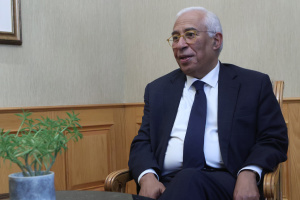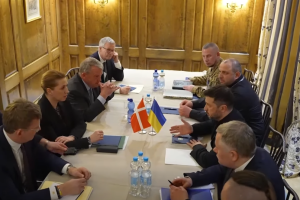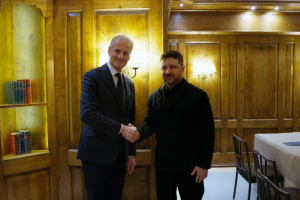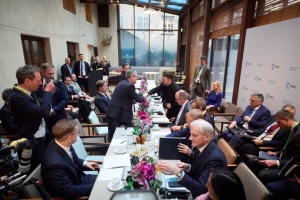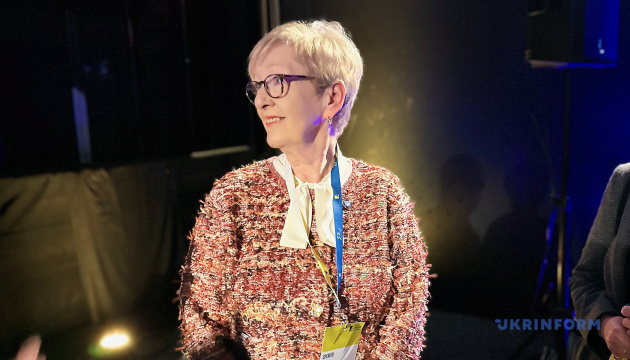
Europe, Canada, Ukraine must develop their own security concept - German NATO expert
Stefanie Babst, former NATO deputy assistant secretary general and strategic advisor, said this in comments to Ukrinform.
"Since President Trump has made it clear that he is no longer a reliable partner for Europe, Europeans, Canadians, and Ukrainians need to develop a security and deterrence position that will protect both Ukraine and Europe as a whole from the Russian regime, which continues its terror. If Trump continues to block Ukraine's membership in NATO, a 'Coalition of the Willing' must provide Ukraine with other reliable security guarantees, including a military presence," Babst said.
She stressed that European leaders have talked enough, so now it is time to act. "The new German government cannot afford more words. It must actually act," the expert said.
Babst noted that the Kremlin took advantage of the fact that, after the end of the Cold War, Germany and other NATO allies stopped prioritizing the strengthening of their military capabilities. Now, she said, the new government must correct the situation.
For the past 70 years, NATO has been Germany's "life insurance," Babst said. Without NATO membership, Germans would not have been able to enjoy a long period of peace, stability, and economic prosperity. However, after Germany made significant military and financial contributions to NATO during the Cold War, and maintained a high level of readiness and resilience, Germans later "drowned in the clouds of 'peace dividends'" and began to take security and freedom for granted.
"Germany's contributions to NATO have increasingly suffered from a gap between words and actions: German politicians loved to talk about leadership within NATO, but they shamelessly underfunded and gutted the Bundeswehr, and avoided confronting the terrorist regime in Moscow," Babst said.
In her opinion, the new government in Berlin under Chancellor Merz must urgently reverse this trend: it must decisively strengthen Germany's armed forces, fully join the "Coalition of the Willing" in support of Ukraine, and actively engage in developing a concrete roadmap for the Europeanization of the Alliance.
On April 28, celebrations marking the 70th anniversary of Germany's NATO membership took place in Brussels, where Federal President Frank-Walter Steinmeier pledged that NATO allies and Ukraine could continue to rely on Germany.

